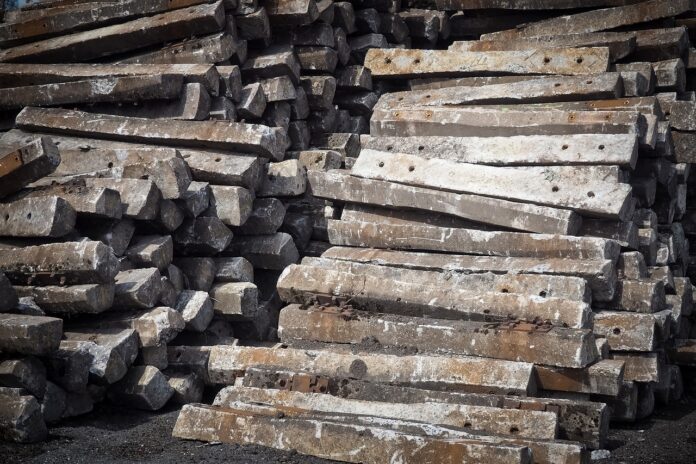Parry Sound has joined The Archipelago in calling on the feds to mandate that CP Rail stops the practice of piling up railway ties by the tracks.
The ties are one of the cross braces that support the rails on a railway track and are often piled off of the railway as the company goes about replacing old ones.
Gord Harrison, West Parry Sound Fire Coordinator, says the ties are made of wood and are treated with a chemical preservative so they will last as long as possible.
Harrison says where it becomes a risk, especially for fire departments, is that sometimes those piles catch on fire from sparks coming from the railway, which can then spread to nearby forests or whatever else is nearby.
He says can also get a small wildland fire going which then spreads to the railway ties and creates a much larger fire load for firefighters to deal with.
“There was the incident in the Archipelago last fall where there was a fairly large pile of railway ties that caught fire and away they went. It was a huge fire. Fortunately, it was a was a calm day, there wasn’t heavy wind that day and we weren’t in the dry, dry portion of the summer,” he says.
The motion also calls on CP Rail to remove all stacked railway ties along their lines and on Transport Canada to work collaboratively with CP Rail to establish alternative, secure and environmentally responsible methods for the disposal and storage of railway ties.
Harrison says it’s up to the railways to figure out how to do that, but from a fire safety point, he says they should be stored somewhere where they don’t pose a fire risk or increase fire risk to communities as well as somewhere they are safe as they deteriorate from harming the environment.
Another option suggested during council was switching to concrete ties. Harrison says he knows they use wood because it’s available especially in Canada and they’ve been using it for years with success.
“Whether or not long-term concrete is better that’s obviously something for the railway to work out, but we do know that concrete is not flammable or combustible. So that works in our favor,” he says.
Harrison says this isn’t a new issue adding that fire departments have been seeing this for years as they worked land fires along railways.



